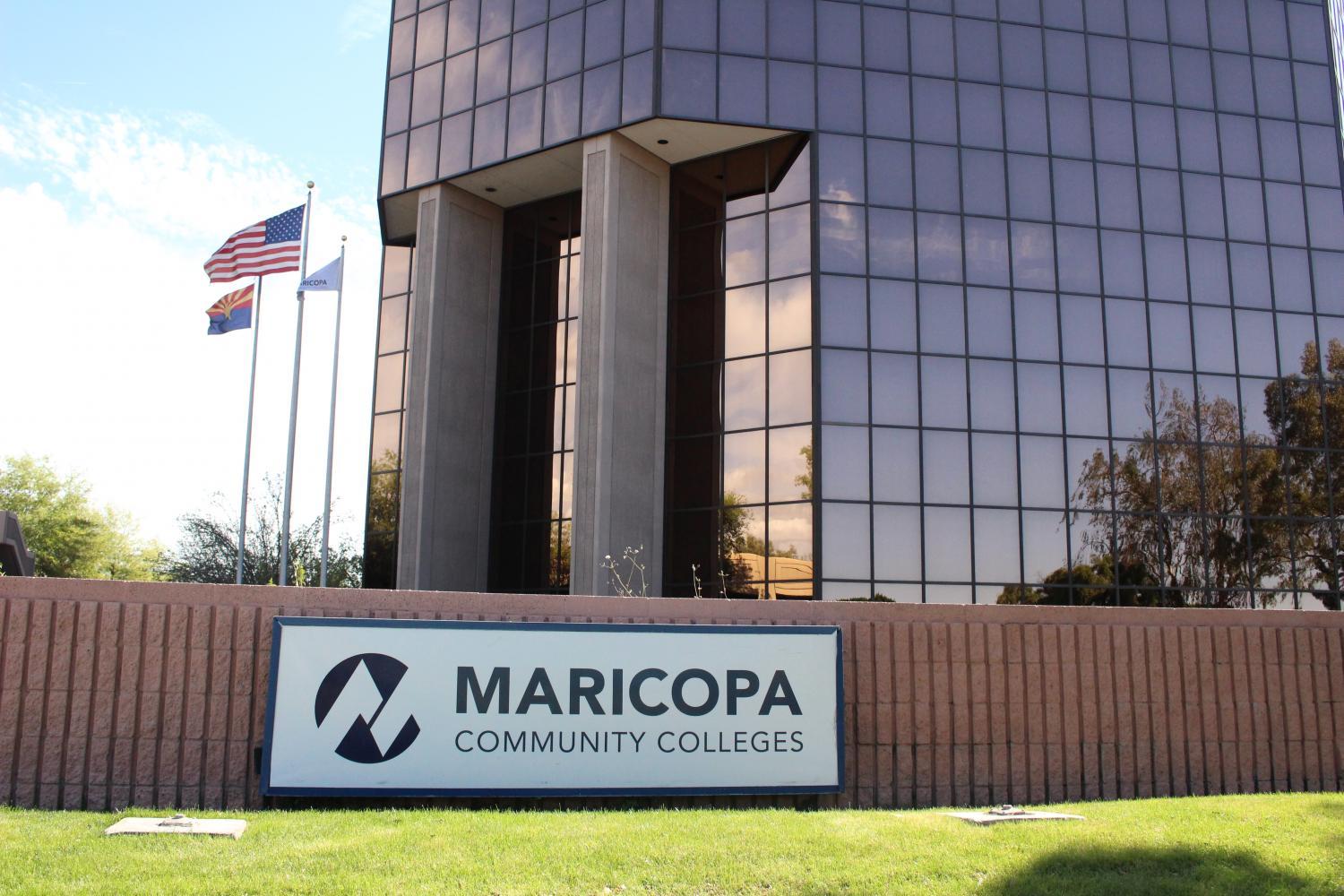Colleges Cancel Affinity Graduations: Students Fight Back

Table of Contents
Reasons Behind the Cancellation of Affinity Graduations
The cancellation of affinity graduations, while seemingly simple, stems from a complex web of factors. Understanding these reasons is crucial to grasping the depth of the student protests and the importance of these events to many graduating students.
-
Legal Concerns and Title IX: Some institutions express concerns about violating Title IX of the Education Amendments of 1972 or other federal anti-discrimination laws. The fear is that separate graduation ceremonies could be interpreted as preferential treatment, leading to potential lawsuits. This legal ambiguity often motivates universities to err on the side of caution, even if the risk is perceived rather than real.
-
Perceived Divisive Nature: Critics argue that affinity graduations are inherently divisive, creating an exclusionary environment that contradicts the stated goal of inclusivity on college campuses. They suggest that a single, unified graduation ceremony is more representative of the diverse student body. However, this viewpoint often fails to acknowledge the specific needs and experiences of marginalized groups.
-
Resource Allocation and Cost-Cutting: In times of budget constraints, universities may view affinity graduations as an unnecessary expense. Resource allocation decisions often prioritize core academic programs and operational needs, leading to the cancellation of less central, though equally valuable, events. This often ignores the intangible benefits these events provide.
-
External Pressure and Opposition: Conservative groups and alumni have actively lobbied against affinity graduations, sometimes framing them as promoting division or violating principles of equal opportunity. This external pressure can influence university decisions, even when student support for the events is strong.
-
Administrative Misunderstandings: In some cases, the cancellations may stem from a lack of understanding regarding the true purpose and impact of affinity graduations. Administrative decisions, without consultation or input from affected student groups, can lead to misunderstandings and resentment.
Student Responses and Protests
The cancellation of affinity graduations has not been met with silence. Students have organized widespread and multifaceted protests to voice their opposition and fight for the reinstatement of these meaningful ceremonies.
-
Organized Protests and Demonstrations: Students have engaged in organized marches, demonstrations, and sit-ins on college campuses across the nation, garnering significant media attention and public support. These actions are a powerful display of student activism and commitment to their cause.
-
Online Petitions and Campaigns: The use of online platforms has amplified student voices. Petitions have garnered thousands of signatures from students, alumni, faculty, and community members, demonstrating widespread support for affinity graduations and putting pressure on university administrations.
-
Social Media Amplification: Social media platforms such as Twitter, Instagram, and TikTok have been instrumental in organizing protests, spreading awareness, and mobilizing support for the movement. The use of targeted hashtags allows students to reach a broader audience and coordinate actions effectively.
-
Collaboration with Student Government: Student governments and other campus organizations have played a significant role in advocating for the reinstatement of affinity graduations. Formal resolutions, lobbying efforts, and collaborations with student leaders have significantly influenced the discussion.
-
Alternative Events and Celebrations: In response to cancellations, many student groups have organized alternative events to celebrate their identities and achievements, demonstrating their commitment to community building and showcasing their resilience.
Arguments in Favor of Affinity Graduations
The core argument in favor of affinity graduations centers around their importance for community building, identity affirmation, and mental well-being among marginalized groups.
-
Community Building and Belonging: Affinity graduations provide a safe and supportive space for students from marginalized groups to celebrate their shared identities and accomplishments. This sense of community is especially crucial for students who might feel isolated or underrepresented within the larger university setting.
-
Identity Affirmation and Self-Esteem: These ceremonies offer an opportunity for students to affirm their identities and celebrate their unique contributions. This affirmation can have a profound positive impact on their self-esteem and sense of belonging.
-
Mental Health and Well-being: Creating a supportive and inclusive environment can significantly contribute to students' mental health and well-being. Affinity graduations provide a space where students can feel seen, valued, and understood.
-
Cultural Celebration and Preservation: These events allow for the sharing of unique cultural traditions, perspectives, and stories, enriching the overall campus environment and fostering cross-cultural understanding.
-
Mentorship and Networking: Affinity graduations can facilitate mentorship and networking opportunities within specific communities, providing valuable connections that can benefit students' personal and professional development.
Countering the Arguments Against Affinity Graduations
Many of the arguments against affinity graduations can be effectively countered by emphasizing their inclusive nature and the importance of acknowledging diverse experiences.
-
Inclusivity, Not Exclusion: Affinity graduations are not exclusive; they are inclusive celebrations within a larger, diverse graduating class. They celebrate the unique experiences of specific groups without excluding anyone from the broader university community.
-
Intersectionality and Representation: It's crucial to acknowledge the intersections of various identities and the unique experiences of different groups. A single graduation ceremony cannot adequately represent the diversity of the student population.
-
Alternative Solutions and Inclusive Messaging: Rather than eliminating affinity graduations, universities can adopt alternative solutions, such as incorporating inclusive language and acknowledging diverse experiences within the main graduation ceremony, while still allowing for specific group celebrations.
-
Examples of Successful and Inclusive Affinity Graduations: Highlighting successful examples from other universities demonstrates that affinity graduations can be implemented inclusively and effectively without causing division.
Conclusion
The cancellation of affinity graduations is a complex issue revealing ongoing struggles for equity and inclusion in higher education. Students are actively fighting back, demonstrating the profound importance of these events for community building, identity affirmation, and mental well-being. The fight is not just about separate ceremonies; it’s about recognizing the value of diverse perspectives and ensuring all students feel seen, heard, and celebrated. We must continue supporting students' efforts to reinstate these crucial events and champion the cause of affinity graduations at universities nationwide. Join the movement and help amplify the voices fighting for the reinstatement of these vital celebrations of diversity and inclusion.

Featured Posts
-
 Ice Cubes Last Friday Movie A New Chapter In The Franchise
May 27, 2025
Ice Cubes Last Friday Movie A New Chapter In The Franchise
May 27, 2025 -
 Sibiga Ob Ukraine Kak Nemetskaya Pomosch Spasaet Zhizni
May 27, 2025
Sibiga Ob Ukraine Kak Nemetskaya Pomosch Spasaet Zhizni
May 27, 2025 -
 Trafic De Drogue A Saint Ouen Impact Sur Les Ecoles Maternelles Et Demenagement Annonce
May 27, 2025
Trafic De Drogue A Saint Ouen Impact Sur Les Ecoles Maternelles Et Demenagement Annonce
May 27, 2025 -
 Ashton Kutcher And Mila Kunis Spotted In Beverly Hills
May 27, 2025
Ashton Kutcher And Mila Kunis Spotted In Beverly Hills
May 27, 2025 -
 Criminal Minds Evolution Season 3 Photos Poster And Teaser Released
May 27, 2025
Criminal Minds Evolution Season 3 Photos Poster And Teaser Released
May 27, 2025
Latest Posts
-
 Laurent Jacobelli Depute Rn Vice President Du Groupe A L Assemblee Nationale
May 30, 2025
Laurent Jacobelli Depute Rn Vice President Du Groupe A L Assemblee Nationale
May 30, 2025 -
 Andre Agassi Su Segundo Servicio En El Mundo Del Deporte
May 30, 2025
Andre Agassi Su Segundo Servicio En El Mundo Del Deporte
May 30, 2025 -
 El Legado De Marcelo Rios La Admiracion De Un Tenista Argentino
May 30, 2025
El Legado De Marcelo Rios La Admiracion De Un Tenista Argentino
May 30, 2025 -
 De Las Pistas De Tenis A Un Nuevo Desafio La Sorprendente Regreso De Andre Agassi
May 30, 2025
De Las Pistas De Tenis A Un Nuevo Desafio La Sorprendente Regreso De Andre Agassi
May 30, 2025 -
 Un Tenista Argentino Declara A Marcelo Rios Como Una Leyenda Del Tenis
May 30, 2025
Un Tenista Argentino Declara A Marcelo Rios Como Una Leyenda Del Tenis
May 30, 2025
